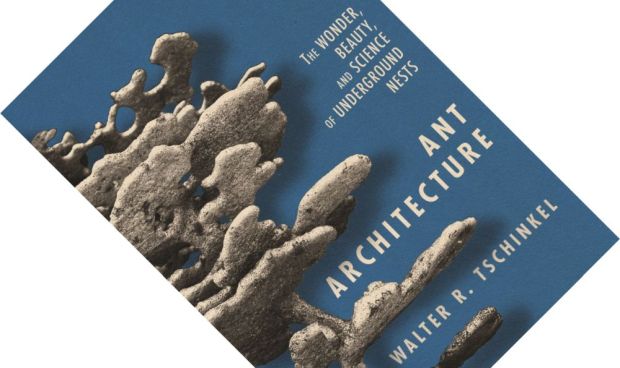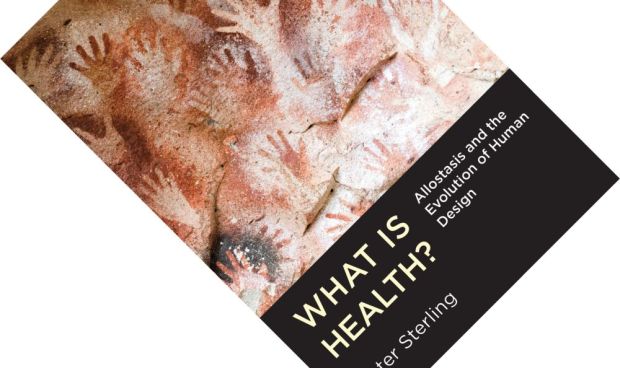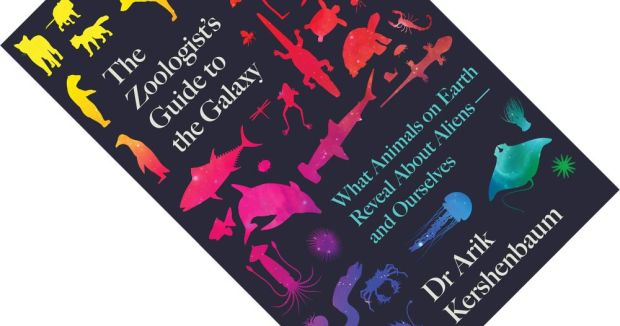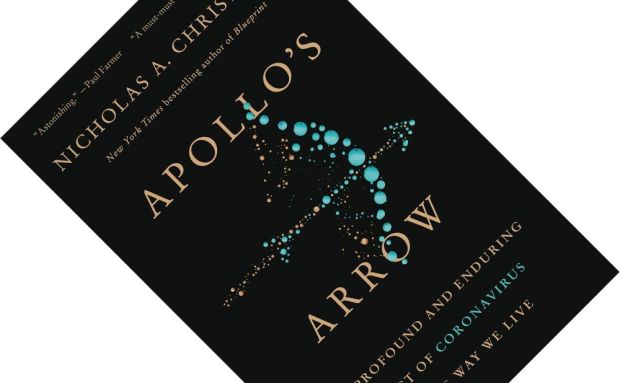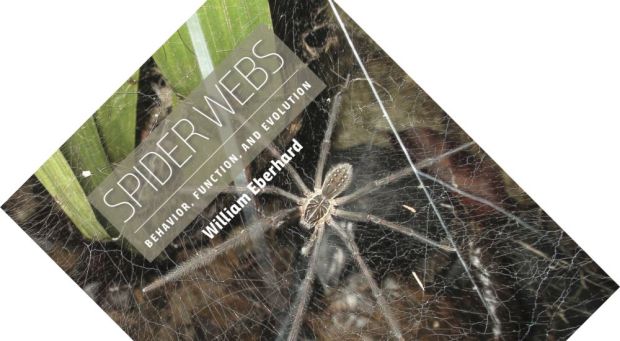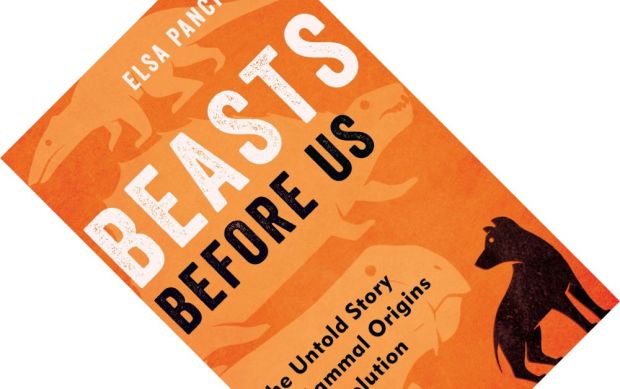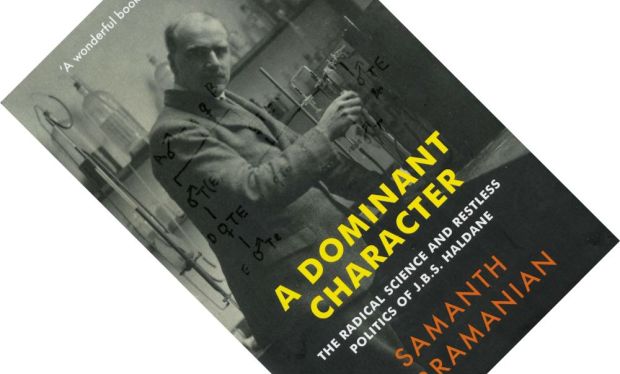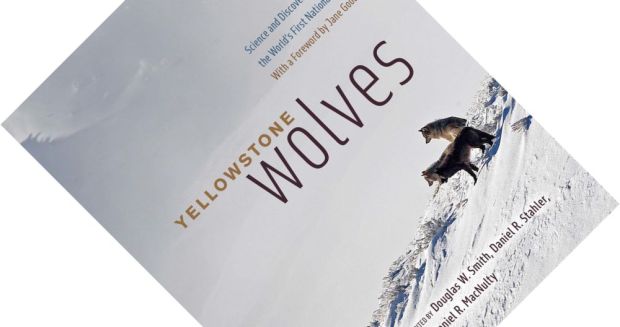7-minute read
Making groundbreaking scientific contributions on a shoestring budget has become a challenge in the 21st century. But there are still opportunities. Take American entomologist Walter R. Tschinkel. With little more than scrap metal, homemade portable kilns, and one almighty spade, he has been researching the architecture of ant nests, pouring molten metal into tiny holes in the ground and digging up the resulting casts. The beautifully illustrated Ant Architecture provides a glimpse into his unusual methods but also shows the many fascinating findings and questions his research is throwing up. Supremely interesting, this is unlike any book on insects you have seen before and is already a firm candidate for my top five favourite books of 2021.

